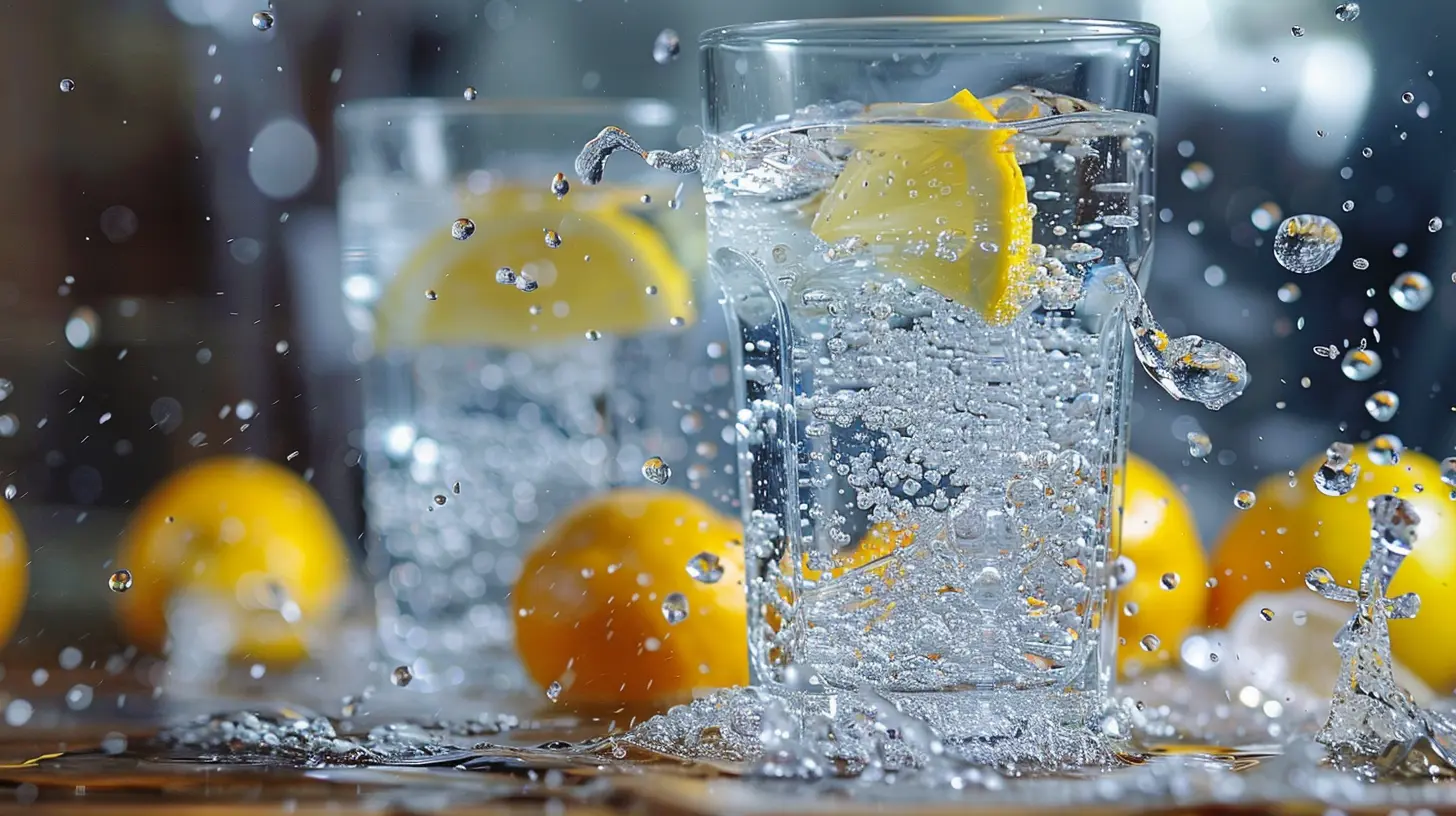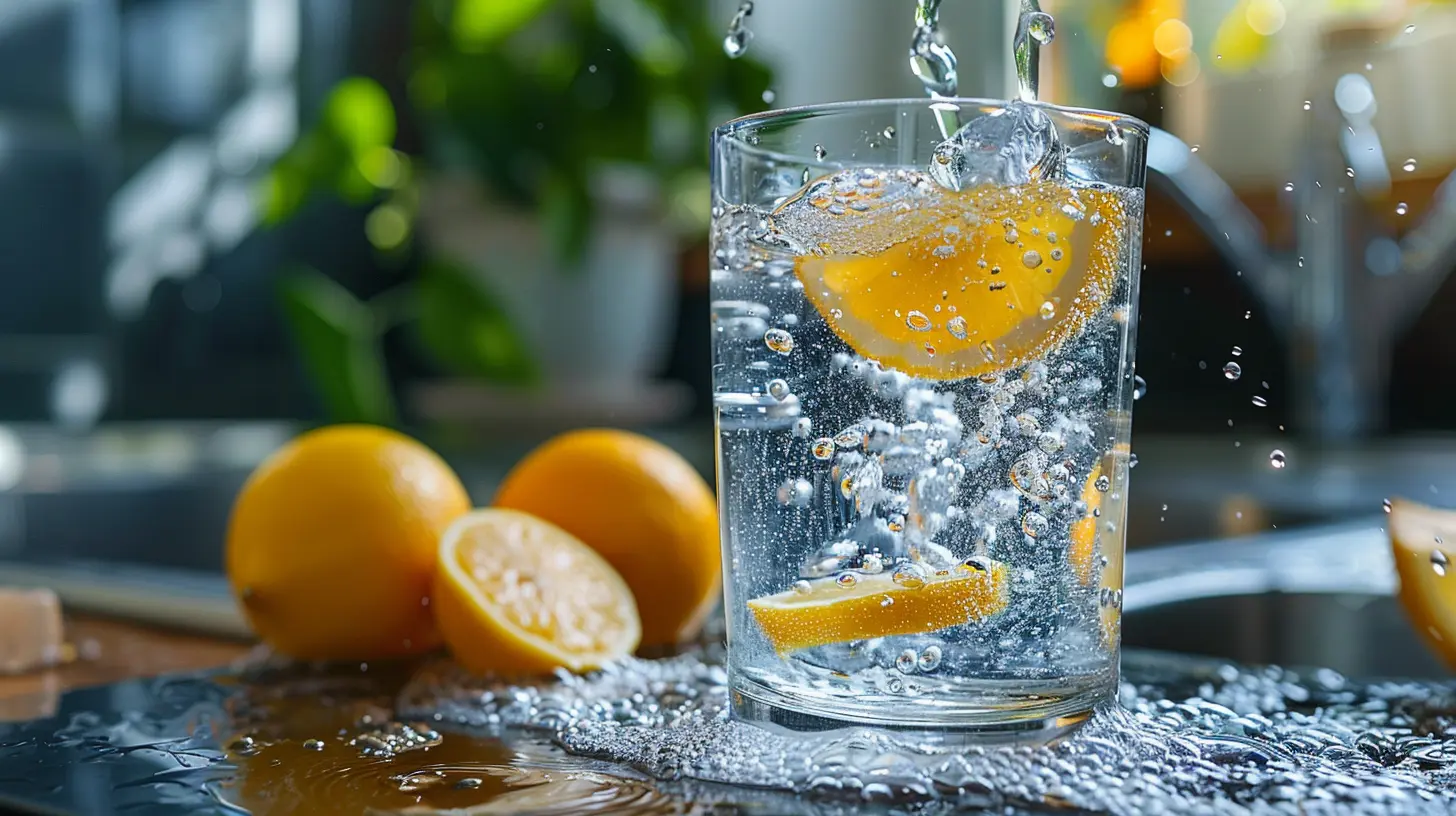How Proper Hydration Boosts Immunity and Overall Health
31 July 2025
Water is the essence of life. It makes up about 60% of the human body and plays a vital role in nearly every biological function. Yet, many people overlook the importance of staying properly hydrated. Beyond just quenching thirst, drinking enough water daily can significantly impact your immune system and overall health.
But how exactly does hydration influence immunity? And what happens when you don’t drink enough water? Let’s dive deep into the science and benefits of staying hydrated.

The Connection Between Hydration and the Immune System
Your immune system is your body’s defense mechanism against infections, viruses, and diseases. Proper hydration plays a crucial role in keeping it functioning optimally. Here’s how:1. Water Helps in Lymph Production
Lymph is a fluid that carries white blood cells throughout your body, helping to fight off infections. This fluid consists mostly of water. When you're dehydrated, lymph flow slows down, reducing your body’s ability to ward off illnesses.2. Flushes Out Toxins
Your kidneys and liver rely on water to filter and eliminate toxins. Without proper hydration, these organs struggle to do their job, allowing harmful substances to build up in your body, which can weaken your immune system.3. Aids in Oxygen Transport
Water is essential for blood circulation. Proper hydration ensures that oxygen and nutrients are efficiently transported to all your cells, including those responsible for fighting infections. Poor circulation due to dehydration can weaken the immune response.4. Supports Mucous Membranes
Your respiratory system is lined with mucous membranes that trap bacteria and viruses. Hydration helps maintain the moisture of these membranes, preventing pathogens from entering your body. When you're dehydrated, these defenses can dry out, making you more susceptible to illnesses like colds and flu.
Additional Health Benefits of Staying Hydrated
Beyond immune system support, proper hydration provides an array of health benefits.1. Boosts Energy Levels
Ever feel sluggish or fatigued in the middle of the day? Dehydration might be the culprit. Water plays a crucial role in energy production and brain function. Even mild dehydration can lead to fatigue, headaches, and difficulty concentrating.2. Improves Digestion
Water helps break down food and supports the digestive process. It prevents constipation by ensuring smooth bowel movements. Without enough hydration, you may experience bloating, indigestion, and other gut-related issues.3. Regulates Body Temperature
Sweating is your body’s natural cooling mechanism. If you're not drinking enough water, your body struggles to regulate its temperature, increasing the risk of overheating and heatstroke.4. Keeps Skin Healthy and Glowing
Dehydration often leads to dry skin, premature wrinkles, and a dull complexion. Water helps keep your skin hydrated, supporting elasticity and promoting a youthful glow.5. Supports Joint and Muscle Function
Your joints require lubrication, which comes from synovial fluid—a substance composed mostly of water. Staying hydrated helps reduce joint pain and muscle cramps, making movement easier and preventing injuries.
Signs of Dehydration
Many people don’t realize they’re dehydrated until symptoms become severe. Here are some common signs to watch out for:- Dry mouth and bad breath
- Dark yellow urine
- Fatigue and dizziness
- Headaches
- Dry skin
- Constipation
- Increased heart rate
If you experience any of these signs, it’s your body’s way of telling you to drink more water!

How Much Water Do You Really Need?
The age-old advice is to drink eight 8-ounce glasses of water a day (also known as the 8x8 rule), but hydration needs vary from person to person. Factors like age, weight, activity level, and climate all play a role.A more personalized approach is to drink at least half your body weight in ounces daily. For example, if you weigh 160 pounds, aim for 80 ounces of water per day.
Tips to Stay Hydrated
If you struggle with drinking enough water, try these simple hacks:1. Start Your Day with Water
Before reaching for coffee or tea, drink a full glass of water to kickstart your system.2. Carry a Water Bottle Everywhere
A reusable water bottle serves as a constant reminder to sip throughout the day.3. Set Hydration Reminders
Use phone alarms or hydration apps to remind you to drink water regularly.4. Add Natural Flavors
If plain water feels boring, add fresh fruit, cucumber, or mint for a refreshing twist.5. Eat Water-Rich Foods
Fruits and vegetables like watermelon, cucumbers, and oranges contribute to your hydration levels.6. Drink Herbal Teas
Decaffeinated herbal teas are a great way to stay hydrated while enjoying different flavors.7. Monitor Your Urine Color
Pale yellow urine is a good indicator that you’re properly hydrated. Dark yellow means you need more water.
Common Myths About Hydration
There’s a lot of misinformation about hydration. Let’s bust some common myths:Myth 1: You Only Need Water When You Feel Thirsty
Thirst is a late sign of dehydration. By the time you're thirsty, your body is already lacking fluids.Myth 2: Coffee and Tea Dehydrate You
While caffeine has a mild diuretic effect, moderate consumption of coffee and tea still contributes to your daily fluid intake.Myth 3: More Water Is Always Better
Yes, dehydration is dangerous, but overhydration (water intoxication) can also be harmful. Drinking excessive amounts can dilute electrolytes, leading to serious health issues like hyponatremia.The Bottom Line
Staying hydrated isn't just about drinking water when you're thirsty—it's about consistently providing your body with the fluids it needs to function properly. From boosting your immune system to improving digestion, skin health, energy levels, and more, proper hydration is a simple yet powerful way to enhance your overall well-being.So, grab a glass of water, take a sip, and make hydration a priority. Your body will thank you!
all images in this post were generated using AI tools
Category:
HydrationAuthor:

Laura Hudson
Discussion
rate this article
1 comments
Damon Wood
Great insights! Staying properly hydrated is crucial for a strong immune system and overall health. Let’s prioritize our water intake!
August 17, 2025 at 4:53 AM

Laura Hudson
Thank you! Absolutely, hydration plays a vital role in supporting our immune system and overall well-being. Let's keep the water flowing!

